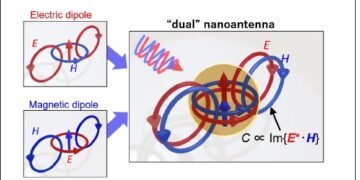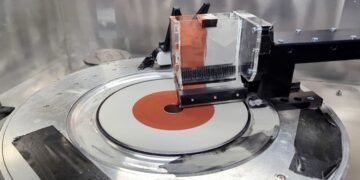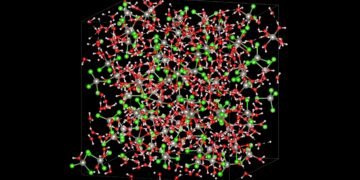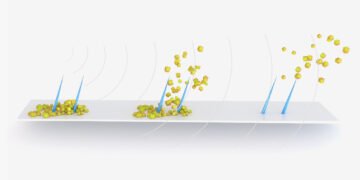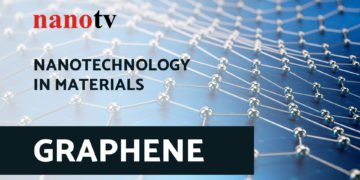Kobe University has announced that a research team from the Graduate School of Engineering consisting of NEGORO Hiromasa (a master’s student at the time of this research), Professor SUGIMOTO Hiroshi and Professor FUJII Minoru, scientists developed a spherical nano-antenna so well that -form a near field of polarized light.
The identification and separation of molecules is very important because their mirror isomers (enantiomers) exhibit different properties in living organisms. Detection methods and chemical photoreactions use the difference in optical absorption for left and right circular light (circular dichroism) in chiral particles.
However, research using these methods requires high monitoring and long measurement periods due to small differences in tolerance. Methods to improve absorption in nano-antennas that amplify the electromagnetic field have attracted attention, but nano-antennas have struggled to maintain circular polarization of incident light.
In this study, a research team from Kobe University proposed and tested a novel nano-antenna that maximizes the electron beam and maintains circular polarization. He has achieved optical resonance that retains the circular polarization of incoming light in many visible light spectrums using self-produced silicon nanoparticle colloid.
The new nano-antenna provides a promising tool in the critical investigation of molecular chirality and asymmetric photochemical reactions. The study was published in the international journal Nano Letters at 10:00 am EST on May 29.
Source: Kobe University
